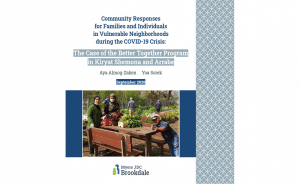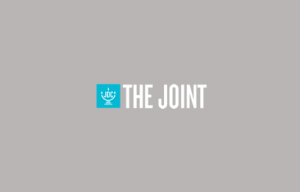Goals:
To act as an umbrella program bringing together several projects to improve the skills of teachers in Arab schools in Israel in order to reduce educational and social disparities among the country’s students. It is based on the psychosocial education method which develops teaching skills that fit the profile of the Arab population.
The Need:
Since the establishment of the State of Israel, there have been wide gaps between Jewish and Arab education. This is evident from students’ educational achievements, test scores (PISA and Meitzav), eligibility for matriculation, and school dropout rates. There is a clear correlation between learning and earnings potential, so investing in education (especially in primary and secondary schools) is a country’s most important tool for reducing future social and economic inequality.
Target Population:
The municipal leadership of the education system, elementary and secondary schools, teachers, principals, counselors, educational consultants, etc.
Activities:
- Enhancing school inclusion: developing a culturally sensitive model to enable teachers to help students on the margins at school better integrate, participate, and stay in school; exploring the cultural issues that affect Arab educators’ ability to work with youth at risk.
- Engaging the broader education community: developing local interventions among educational authorities outside of school to achieve comprehensive treatment of students at risk; training municipal/local authority professionals in school districts to better address the needs of at-risk students when developing curricula, and to integrate approaches and activities tailored to the needs of at-risk students.
- Training teachers: initiating an academic program as part of teacher certification and master’s degrees to develop expertise in assisting and advancing underachieving students. This track is being developed at Al-Qasemi Academic College of Education.




